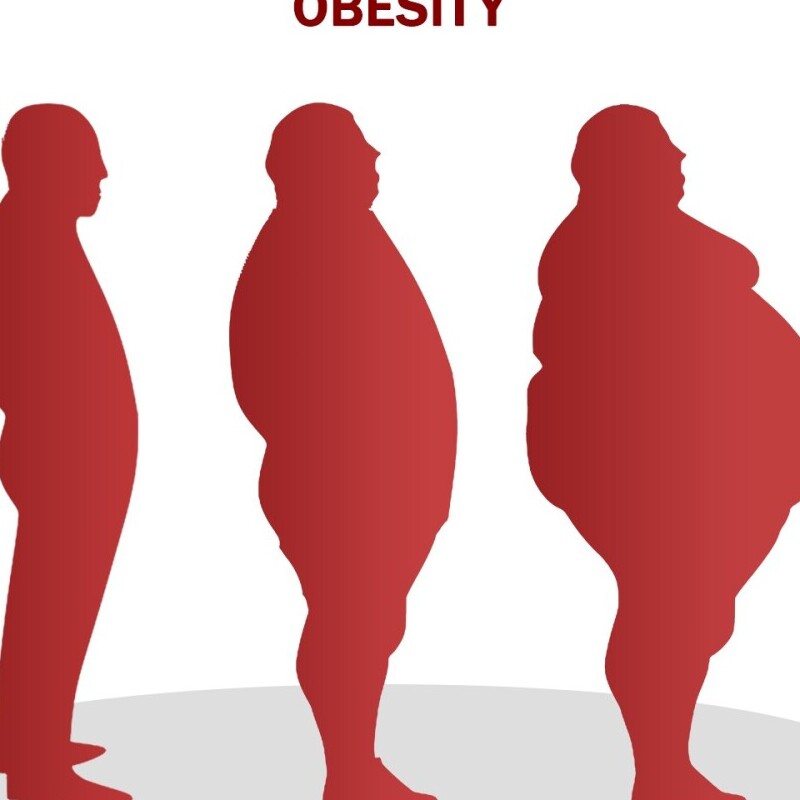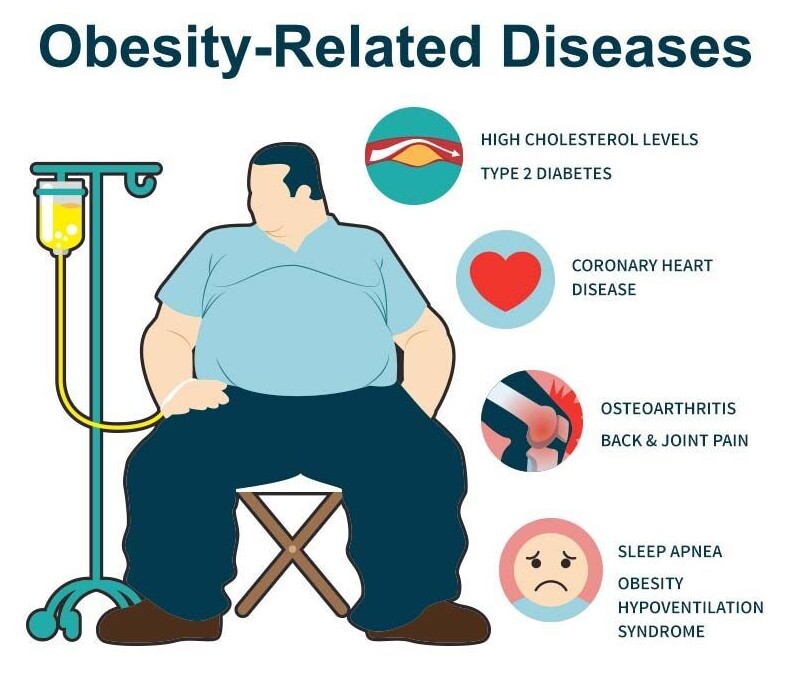Appetite, it’s that signal we all know too well. But what exactly is it? It’s the desire to eat, but not always because you’re hungry. Think of it like that extra slice of cake you crave even after a full meal. While hunger is a physical need, appetite is more about desire.
Biologically, our bodies are wired with mechanisms that tell us when we’re full or hungry. Hormones like ghrelin and leptin are the puppeteers of this system. But psychology plays its own sneaky part too. Stress, emotions, and even that Netflix binge can stir up cravings, making appetite a major player in our daily food choices.
Here’s the kicker: appetite can indeed ramp up weight gain. It’s like having a best friend who’s a bad influence, urging you to opt for that last doughnut or an extra helping of fries. When our appetite’s on overdrive, it overrides those ‘I’m full’ signals, pushing us to consume more calories than our body needs.
Our modern world doesn’t help much. The constant availability of high-calorie, deliciously tempting foods means that appetites are regularly enticed beyond natural hunger. It’s this imbalance—where our desire doesn’t match our nutritional need—that can gradually tilt the scale upwards.
Appetite’s Role in Obesity: A Major Contributor
Obesity is more than just some extra pounds; it’s a complex health issue influenced by many factors, and appetite sits firmly at the center of it. When discussing obesity, it’s crucial to consider how appetite drives the choices we make and ultimately influences body weight.
There’s a clear link between a heightened appetite and rising obesity rates. The science backs this up with research showing that people with higher appetites are often consuming more calories than they need, leading to weight gain over time.
Our eating habits, often led by our untamed appetites, can push us towards obesity. The cues that trigger appetite—those tantalizing smells, stress, or even boredom—can encourage us to eat more frequently or in larger quantities than required.
What we see is an interactive dance between appetite, diet, and lifestyle. It’s not just about what we eat but how our lifestyle choices, influenced by work stress or lack of sleep, can throw appetite regulation out the window. Understanding this relationship can empower us to make smarter, health-focused choices that support better weight management.
Appetite vs. Caloric Balance: The Major Factor in Weight Gain
Let’s break down how weight gain works in simple terms: it’s all about the balance between calories in and calories out. When we eat, we consume energy (calories), and as we go about our day, our bodies use up this energy. But when our appetite tempts us to eat more than what our body needs, that excess energy gets stored as, you guessed it, fat.
Appetite plays a big role here. A strong, uncontrolled appetite can tip the balance, leading to more calories being consumed than burned. Over time, this energy surplus leads to weight gain, making appetite a significant factor in this equation.
Then there are conditions like binge eating or emotional overeating. These are scenarios where appetite goes into overdrive, sometimes as a response to stress or emotions. Tackling such issues requires a focus not just on dietary changes but also on emotional health and stress management.
For managing weight effectively, it’s about finding strategies that help keep appetite in check. This might mean regular meals at the same time each day, incorporating plenty of fruits, vegetables, and whole grains that keep you fuller for longer, and perhaps most importantly, being aware of emotional triggers that might lead to overeating.
Nurturing Healthy Appetites: Effective Strategies for Weight Control
Keeping your appetite in check doesn’t have to be a battle. It’s about turning those cravings into a partner for healthier living. To start, mindfulness at meals is invaluable. Paying attention to what you eat, savoring each bite, and truly listening to your body can help discern between true hunger and mere appetite.
Ditching distractions during meals also helps. When you’re glued to a screen, it’s easy to lose track of portion sizes. Instead, focus on the food in front of you to better recognize your body’s signals of satiety.
Incorporating nutrient-rich foods like whole grains, veggies, and proteins can stave off those pesky cravings. They keep you fuller for longer, preventing the infamous fridge raids at odd hours.
Social support is a game changer too. Sharing your goals with friends or joining a community can provide motivation and accountability. It’s about creating an environment that supports your desire to regulate your appetite effectively.
Lastly, commitment to change comes from within. Recognize what triggers your appetite and make small, consistent adjustments to your routine. Over time, these little shifts contribute to a healthier balance, steering you away from the endless cycle of weight gain.



